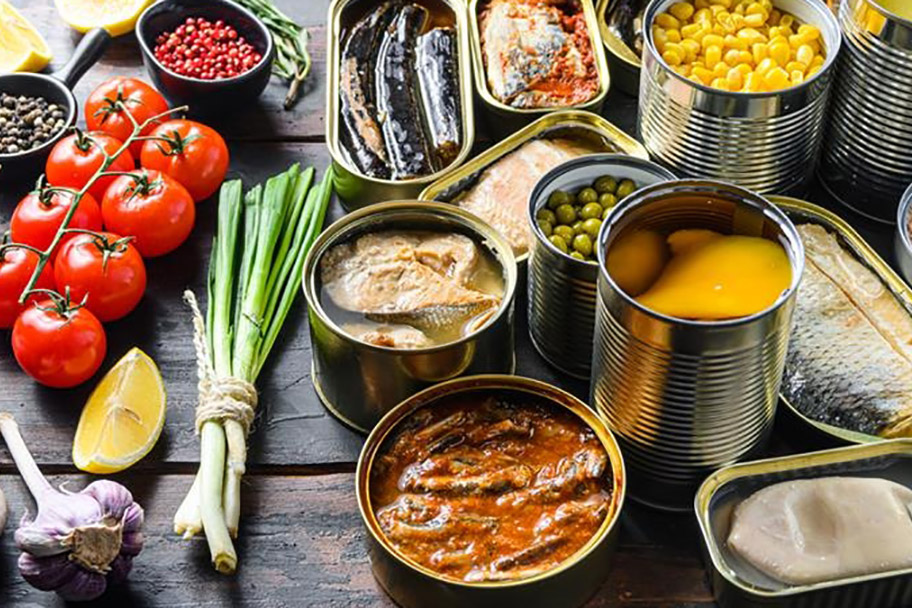Meeting Hong Kong’s Food Import Regulation Requirements
Hong Kong is an efficient platform for food and beverages trade in the region. Businesses can introduce unique foods from around the world to both Hong Kong and mainland consumers by selling through local distribution channels or participating in trade exhibitions held in the city. Overseas companies importing food and beverages to Hong Kong must comply with relevant local regulations, the key points of which are outlined below. (For more details on the Hong Kong food industry, please refer to: Processed Food and Beverages Industry in Hong Kong)
Regulatory framework
In Hong Kong, the legal framework of food safety control is laid down in Part V of the Public Health and Municipal Services Ordinance (Cap. 132) and its subsidiary legislation. The basic requirement, as stipulated in section 54 of the ordinance, is that no food intended for sale should be unfit for human consumption. (For more details, please refer to Centre for Food Safety – Import/Export of Food)
Food importers are responsible for ensuring that the food items they procure comply with the local legislation. To ensure hygienic standards of food are met, importers are encouraged to obtain health certificates from issuing entities of countries of origin to accompany their imports, certifying that the food products concerned are fit for human consumption. (For more details, please refer to Centre for Food Safety – Guide to Import of Food into HK)
Importing food for sale in Hong Kong must also meet other legal requirements, such as registration as a food distributor, traceability and labelling. It is worth noting that for overseas companies intending to participate in exhibitions held in Hong Kong, exemptions or temporary licenses must be obtained from the relevant departments for importing food for one‑time exhibition use, or cooking food on‑site for sale. For more details, please contact the Food and Environmental Hygiene Department or the Centre for Food Safety.
For more details, please contact the Food and Environmental Hygiene Department or the Centre for Food Safety.
Original article published in https://hkmb.hktdc.com






